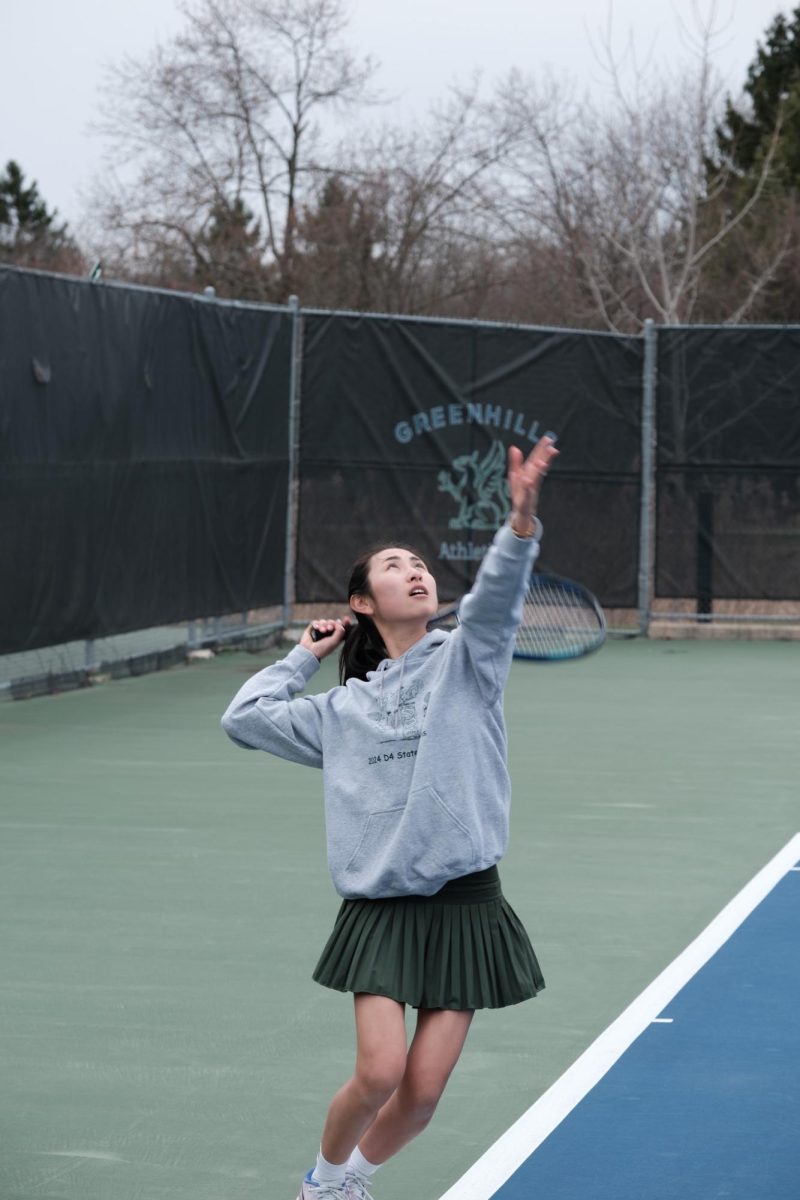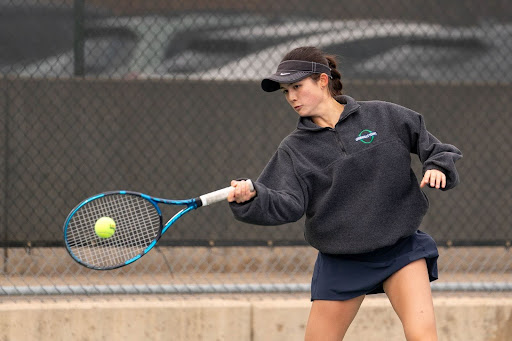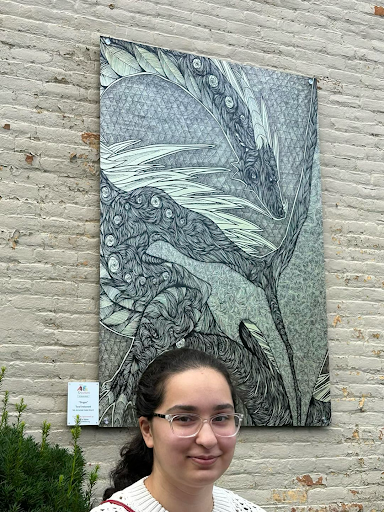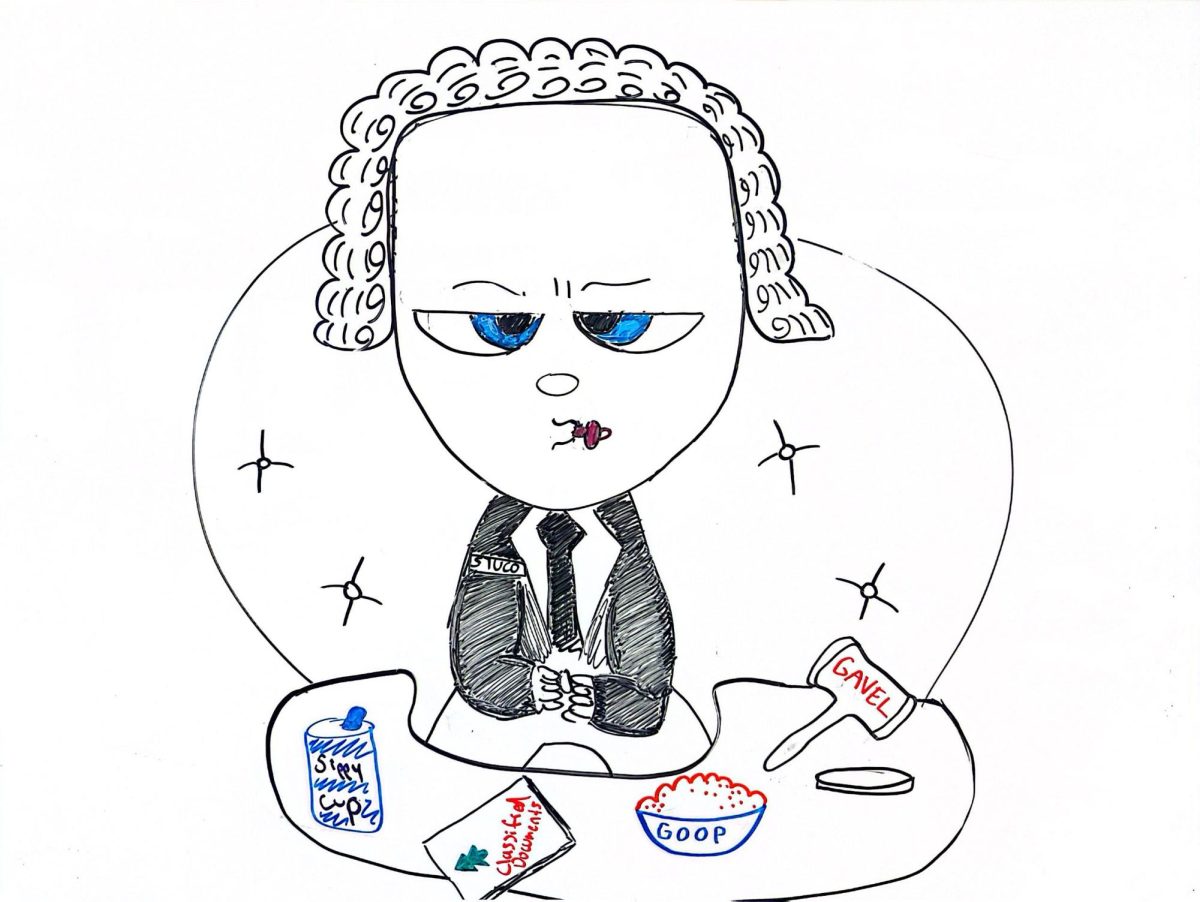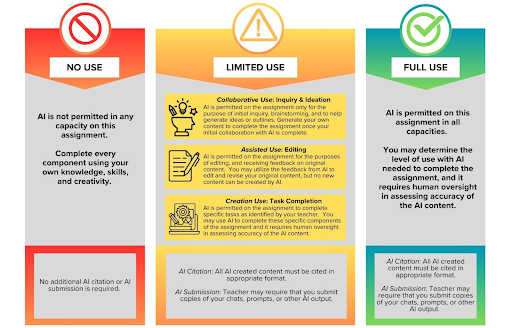Student council has worked alongside Dean of Students Janelle Sterling over the past few months to create and implement new disciplinary guidelines that incorporate more input from students. Sterling and Student Council are taking inspiration from similar solutions that have been implemented here in the past and exist at many other schools in some form.
“The basic gist of it when it existed before is that if you committed some offense you would face a committee of your peers and teachers and they would decide what the appropriate response was,” said Sterling. “There was some pushback from students who felt they didn’t want to sit in front of their peers and then deem a penalty for them, so I thought the work that I could ask students to do is behind the scenes and front-loaded. So rather than saying ‘you did this thing, let’s put you in front of five students and a teacher’ maybe the work that’s more relevant is to have students help me figure out what that matrix of responses looks like.”
Student council has been working on creating that matrix, clearly defining levels of transgressions and their corresponding punishments.
“[The idea] was presented to us a couple weeks ago,” said student council representative Jonah Kaplan ‘26. “[Sterling] divided us into grades, and each grade was assigned level one, level two, level three, and level four, and we were working to define and make boundaries between each of those levels and then put possible punishments.”
Although student council is in charge of the program at the moment Sterling envisions a broader definition of the word “peer.”
“I feel very strongly that that person should be selected in some way and it would be great if they were selected by their peers,” said Sterling. “I don’t know if the best way to do that is a separate election or just say in that StuCo election that [these] members will help out with this. I haven’t quite wrapped my head around that yet, but I don’t want it to be a secret. It’s not, Ms. Sterling’s having a bad day, so she’s going to lash out at you, it should be easy and transparent to follow and it should also be transparent and easy to know who the students involved are.”
Student council president Jibreel Rehman ‘24 recognizes the need for student council to define the matrix this year, but thinks the responsibility should be left to a different group in the future.
“I don’t think the whole student body [should decide],” said Rehman. “I also don’t think it should be student council. Student council’s purpose is different than what the discipline matrix implies.”
The essential reason the plan came into existence is not only to involve students more in the decision making process, but to unify responses to specific issues and eliminate bias.
“If the offense is egregious enough, there’s some language [in the student and family and handbook] that would say at this point, we just escalate to this consequence, but any minor infraction is at the discretion of the teacher or adult that happens to be there,” said Sterling. “I don’t think we’re transparent, and I don’t think we’re consistent. Every once in a while a teacher can feel like they’re on an island, a grade dean can feel like they’re on an island, I certainly sometimes feel like I’m on an island, and students certainly feel like that’s what’s happening.”
To increase transparency Sterling proposed sharing results of the new system at all school assemblies, similarly to the bias report system, where the number of infractions in each category would be shared anonymously. She also recognizes that although that report will be anonymous, students will most likely know who those people are.
“There are always going to be a group of people who will want to know that someone got the hammer thrown at them,” said Sterling “They’re not always going to get what they want. There will always be someone on the flip side of that who thinks it’s too mean, and they’re not always going to get what they want either. There’s a middle ground in there and Greenhills does a really good job of finding it, but I don’t think that the privacy of someone who does something offensive would be my main concern.”
This would also serve to increase the flow of information between students and adults.
“Students need input in situations like these because they have personal experience with high schoolers and the people in the school, so they have a better idea than teachers about what certain punishments should be,” said Rehman. “Teachers know things that students don’t and students know things that teachers don’t.”
Overall the new system will address blind spots and transparency, especially with regard to small offenses that used to be left to personal discretion.
“This has been a thing that we’ve needed for years,” said Rehman.






